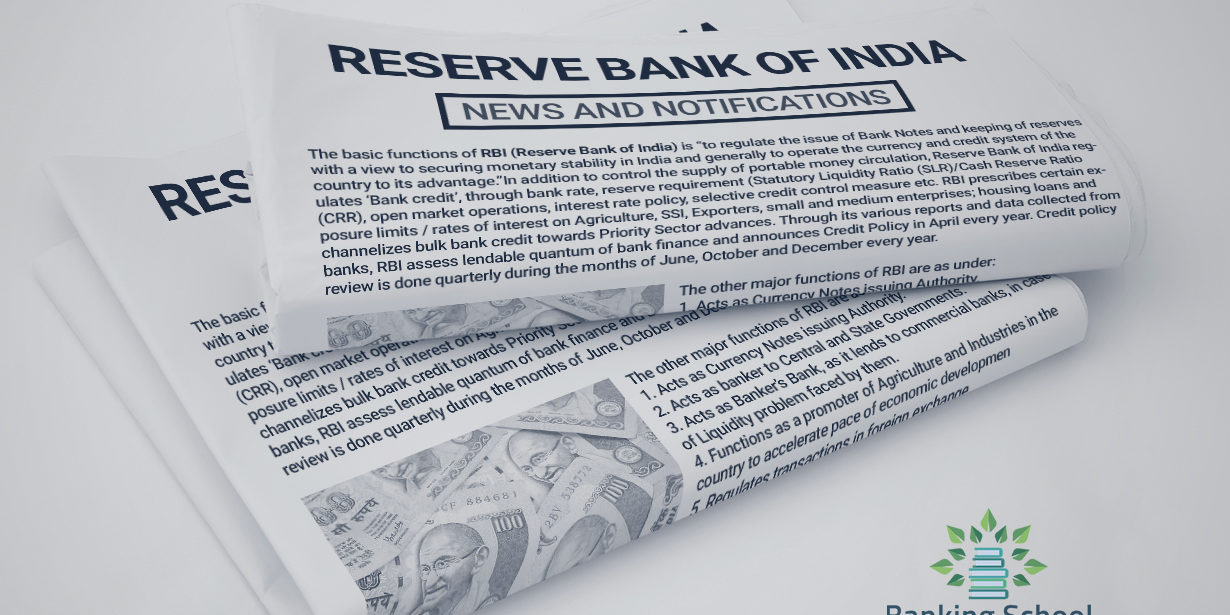In today’s (10.02.2022) meeting, the MPC decided by a majority of 5 to 1 to continue with the accommodative stance as long as necessary to revive and sustain growth on a durable basis and continue to mitigate the impact of COVID-19 on the economy, while ensuring that inflation remains within the target going forward. Accordingly, it was decided to maintain the policy repo rate under the liquidity adjustment facility (LAF) on hold at 4.0 per cent. The marginal standing facility (MSF) rate and the Bank Rate remain unchanged at 4.25 per cent. The reverse repo rate also remains unchanged at 3.35 per cent.
RBI had last revised its policy repo rate or the short-term lending rate on May 22, 2020, in an off-policy cycle to perk up demand by cutting the interest rate to a historic low. This is the 10th consecutive time RBI policy rates remain unchanged.
The present policy rates are as under.
| CRR (Cash Reserve Ratio) | 4.00% |
| SLR (Statutory Liquidity Ratio) | 18.00 % |
| Repo Rate | 4.00% |
| Reverse Repo Rate | 3.35% |
| MSF Rate (Marginal Standing Facility Rate) | 4.25% |
| Bank Rate | 4.25% |
Highlights of statement on the development and regulatory policies:
Projected Growth for FY 23 at 7.8%
E-Rupi digital voucher cap raised from Rs.10000 to Rs.100000 and multiple-use permitted.
CPI inflation projection retained at 5.3% for 2021-22 and 4.5% for Fy 2022-23
VRR (variable Rate Repos) and VRRRs (Variable Rate Reverse Repos) of 14 days tenor will operate as the main liquidity management tool
Variable-rate repo operations of varying tenors will henceforth be conducted as and when warranted.
With effect from March 1, 2022, the Fixed Rate Reverse Repo and the MSF operations will be available only during17.30-23.59 hours on all days and not during 09.00-23.59 hours, as instituted from March 30, 2020, to deal with the pandemic situation.
Market participants are advised to shift balances out of the fixed-rate reverse repo into VRRR auctions and avail of the automated sweep-in and sweep-out (ASISO) facility in the e-Kuber portal for operational convenience1. Any shortfall or excess balances maintained by banks will automatically trigger marginal standing facility (MSF) or reverse repo bids, as the case may be, under the ASISO facility.
In his concluding remarks, the Governor said “We are living in a world of ‘Knightian uncertainty in the absence of determinate knowledge about the next mutation of COVID-19. The ability to forecast the future course of the economy is so contingent on the evolution of the virus that one prognosis is as good or as bad as the other and as ephemeral. If the last two years of living with the virus have taught us anything, it is to remain humble, but grounded in self-belief, never losing confidence and optimism. As the great Lata Mangeshkar – whom we lost recently – sang in her immortal voice: “aaj phir jeene ki tamanna hai”. Together with the spirit behind the next line of this beautiful song, she has conveyed an eternal message of optimism.
[In economics, Knightian uncertainty is a lack of any quantifiable knowledge about some possible occurrence, as opposed to quantifiable risk. It is an acknowledgment of imperfect knowledge that makes future events essentially unpredictable. The phenomenon is named after Frank Knight (1885-1972), an economist from the University of Chicago, whose seminal work Risk, Uncertainty, and Profit were published in 1921].



